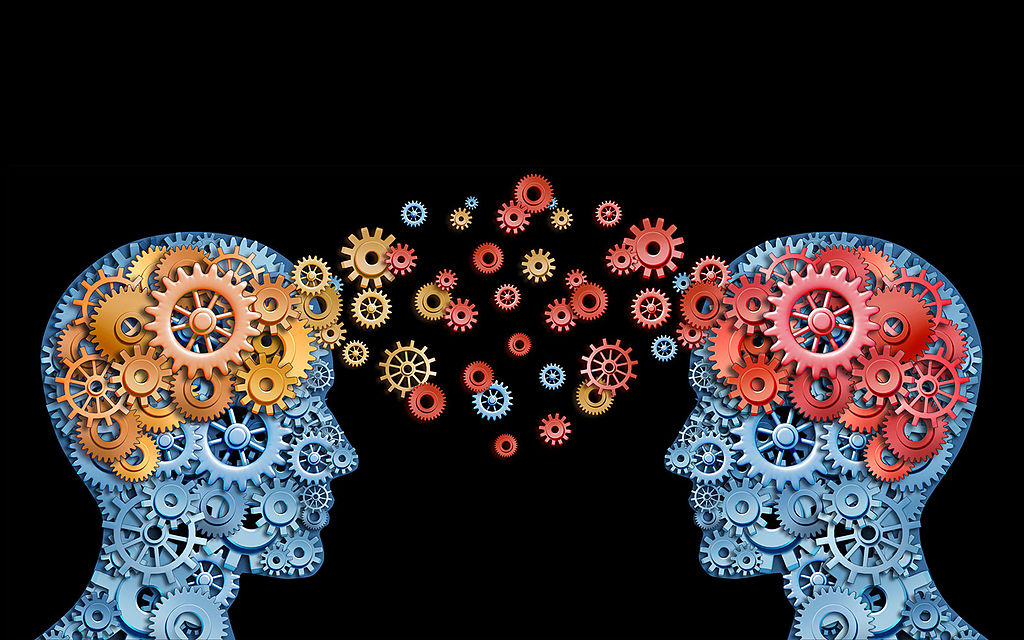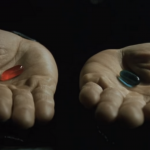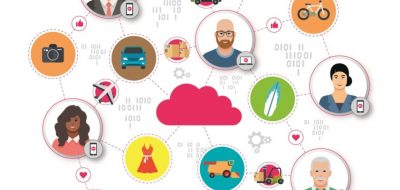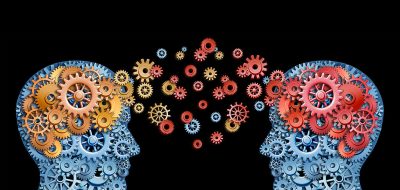Back in the 1920s, Bronisław Malinowski, a Polish cultural researcher described a ritual in which members of New Guinea tribes traveled miles to exchange treasured religious objects. The custom required that no such valuable item be kept for long, and that its owner pass it on to another person. The ritual had a significant result: it created strong interpersonal bonds that were based on mutual respect. And that, in turn, created a whole new culture centered around the exchange of goods.
Later that century, an American futurist, designer and inventor called Jacques Fresco developed “Project Americana”, a scheme in which “sensitive machines” were to cool and clean entire cities in response to environmental pollution. He promoted communication between cars, to prevent accidents. He had a high esteem for computers, which he argued were better than humans because they had no harmful ambitions. He devoted his entire life to promoting economics based on the principle of free and universal access to natural resources. He claimed that at this stage of civilizational advancement, we had everything we needed (natural resources and computer technology) to lay the groundwork for a new economy.
These thinkers foresaw ideas that are being realized today. The exchange of resources, sharing, focus on the resources that are available “here and now”, emphasis on bond building and collective satisfaction are all part of what we refer to as the “sharing economy.”
This “sharing economy” grew at 22 percent in 2016, up to 12.6 million users and was predicted to grow to 14.5 million in 2018. These figures need to be increased by the addition of online shopping data from such websites as Pinterest and eBay, which are used by a self-declared 50 percent of the adult population. These sites allow people to connect, to shop for products without having to visit traditional retailers.
This revolution, which started around the turn of the century, but was foreseen nearly a century before that, is a direct consequence of new technologies. The revolution is unfolding right before our eyes. I believe that the age of the “sharing-economy” business is still to come.










Avicenna
Interesting results. If we assume all 173K unemployed get the stipend, annual cost is around $1.2 bil (without admin cost). Assuming all 173K added 6 days of work per year as per the article, and further assuming their earnings will be at the lower end (low skill), and using Finland’s own numbers (around $2000 monthly wage), that adds $104 mil to GNP. Quite a deficit, isn’t it? Now do the calculations for every man and woman in the US.. Basic income is a wonderful idea, until one runs the numbers. Maybe this is a reason why Finland didn’t continue?
JacekPlacek5
Certainly, the modern concept of the sharing economy is computer-mediated. A host of enabling technologies, including open data, the widespread adoption of mobile phones and the rise of social media platforms that connect people and reinforce the value of peer-based endorsements, have enabled the massive scaling of peer-to-peer-based transactions.
TommyG
Fantastic read! Thank you for sharing.
John Accural
Never thought it’s 100 years old idea
John McLean
Universal basic income (UBI) in its purest form is a payment that every citizen receives on a regular basis, without condition and as of right, in and out of work. Universal credit is paid on a household basis, is means tested and conditional, for example on recipients proving that they are actively searching for and accepting offers of work. The Finnish trial is not universal, as only 2,000 unemployed people were selected for it, but it is a basic income.
TommyG
it’a a pity they stopped this experiment
DDonovan
Money is arguably one of humanity’s most important inventions. From beaver pelts to gold bars, the form and function of money has constantly fluctuated throughout history. In the modern world, the definition of money is blurrier than ever. Central banks have opted to create trillions of dollars of currency out of thin air since the financial crisis – and on the flipside, you can actually use blockchain technology to create your own competing cryptocurrency in just a few clicks. Regardless of what is money and what is not, people are borrowing record amounts of it.
Acula
In the expanding world of the Internet of Things, entrepreneurs would be better off to remember two old adages: Resistance is futile, and if you can’t beat them join them. No matter its predicted benefit, the notion of change is hard to accept because people are settled into comfort zones and face resistance based on the status quo. Profiting from your information might be the best selling point. After all, everyone else will benefit from your data. Why not you?
DCzaj
Money problems: why Finland has given up on the basic income dream
As Finland’s government calls time on a bold experiment in giving citizens cash, can others still attempt such utopian schemes?
https://www.theguardian.com/society/shortcuts/2018/apr/24/finland-given-up-on-the-basic-income-dream
JohnE3
Nice and short 🙂